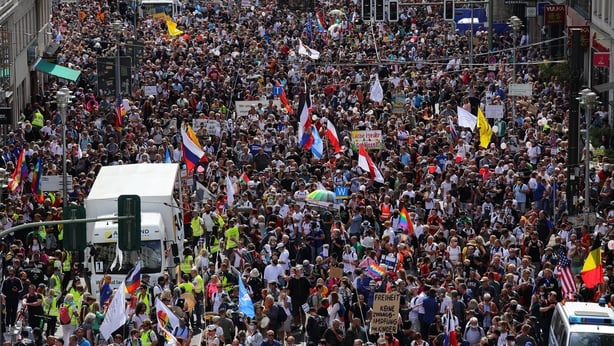From the first cry of alarm out of central China to worldwide lockdowns and masks here are ten key developments in the spread of Covid-19.
It is six months since the coronavirus was classed as a pandemic by the World Health Organization.
More than 900,000 deaths have been registered from 27.7m cases of infection.
First death
On 31 December, 2019, the World Health Organization (WHO) is made aware of a "cluster" of pneumonia cases "of unknown cause" in the central city of Wuhan, the capital of Hubei province.
The UN agency gets confirmation from the Chinese authorities only three days later.
On 7 January, 2020 a new coronavirus is identified. Four days later China announces its first death in Wuhan.
Wuhan cut off
On 23 January, Wuhan is placed under quarantine and cut off from the world.
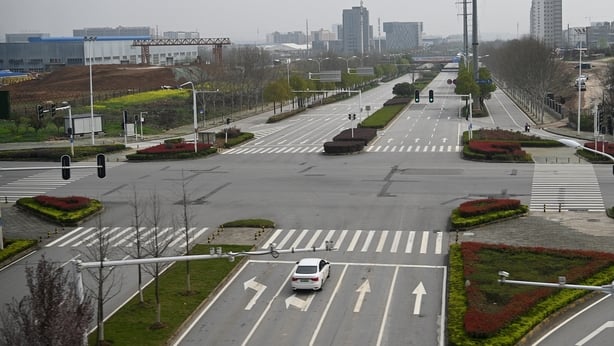
Hubei province follows two days later. Countries start to repatriate their citizens from China.
On 15 February, France reports the first death confirmed outside Asia, a Chinese tourist.
Pandemic
By 6 March, more than 100,000 cases have been recorded around the world.
On 8 March, northern Italy is locked down, quickly followed by the rest of the country.
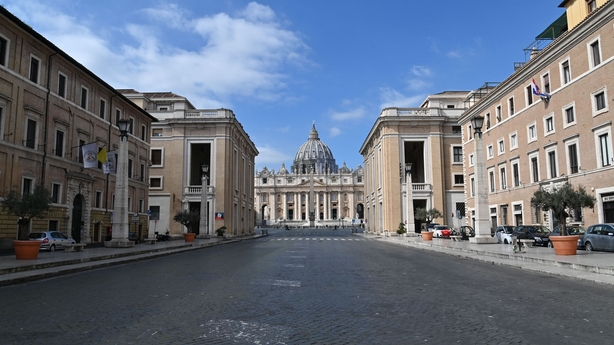
On 11 March, the WHO says Covid-19 is a pandemic. Global stock markets crash.
Governments and central banks roll out massive economic support measures.
Europe in lockdown
The numbers permitted at gatherings was reduced, home working was encouraged and peop were urged to limit their socialising.
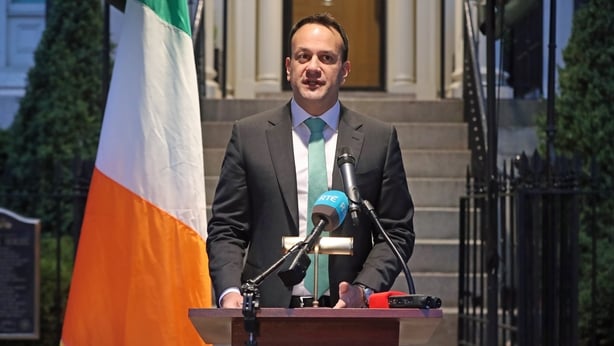
Over that weekend, Spain and France confine their populations, while Germany calls on people to stay at home and Britain urges people to avoid all social contact.
The 27-nation European Union closes its external borders.
'Threatening humanity'
On 24 March, the Tokyo summer Olympics scheduled for July 2020 are put off to the next year.
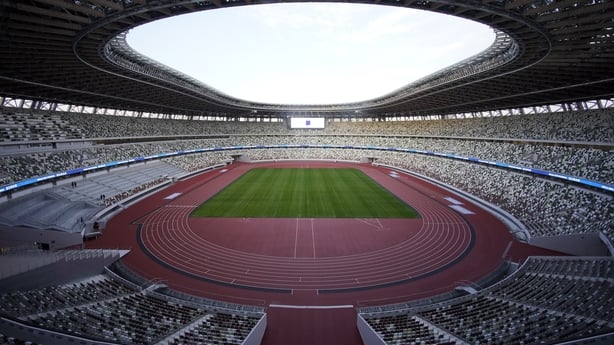
The next day the United Nations warns that the pandemic is "threatening the whole of humanity".
Half of world confined
Lockdown measures are enforced all around the world.
On 2 April, more than 3.9 billion people, half of the world's population, are forced or called on to confine themselves, according to an AFP count.
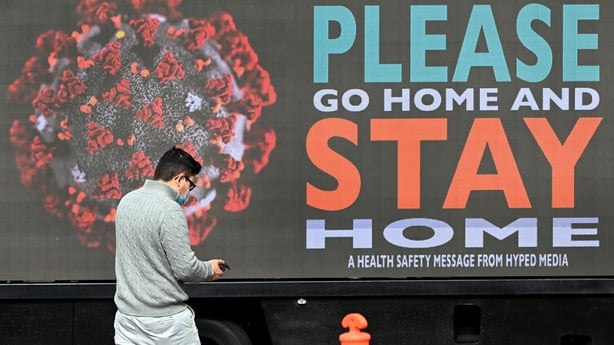
The same day the threshold of one million cases is crossed.
Economy on its knees
On 29 April, battered US aircraft manufacturer Boeing slashes 16,000 jobs.
Many other groups including airlines and car manufacturers follow.
Hydroxychloroquine controversy
Backed by US President Donald Trump as a potential treatment for Covid-19 patients, malaria drug hydroxychloroquine is judged to have no benefit in a study published in The Lancet on 22 May.
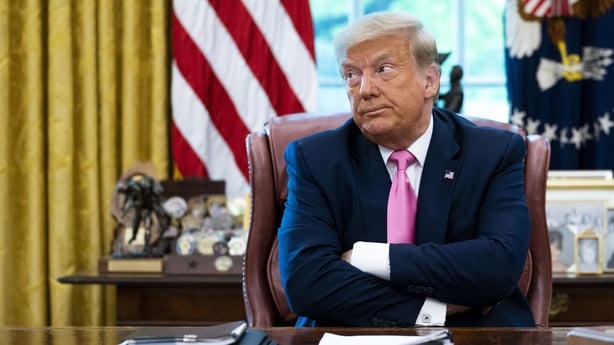
The study is retracted due to problems with the data but on 5 June, a British research group also concludes that the medicine did not help Covid-19 patients at all.
Surge in Latin America
By 7 June the death toll reaches more than 400,000.
The surge of cases and deaths in Latin America causes concern.
Brazil becomes the country with the second biggest death toll after the United States.
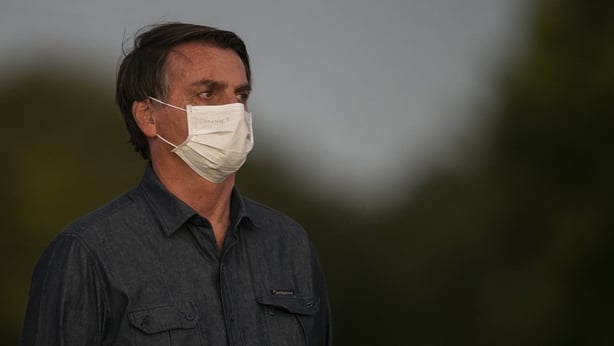
Masks and anti-masks
With cases on the increase, several European countries gradually impose the wearing of masks.
In late August and early September anti-mask demonstrations are organised in Berlin, London, Paris and Rome.
